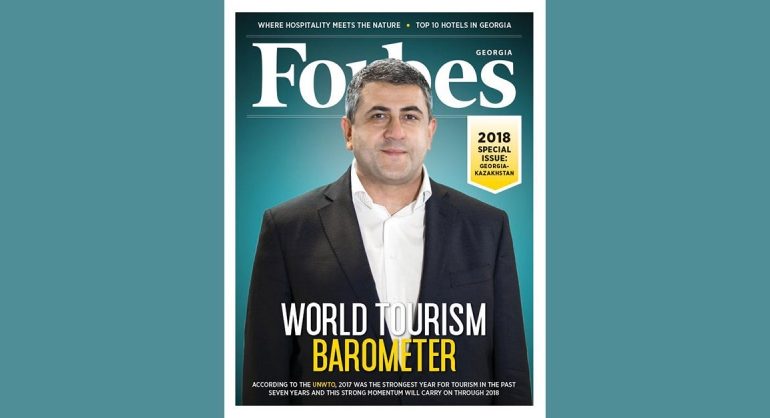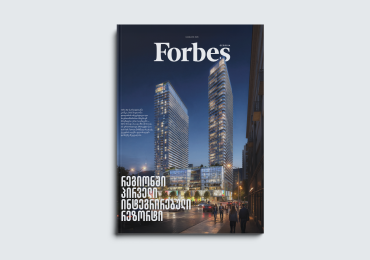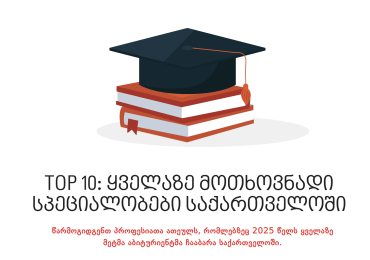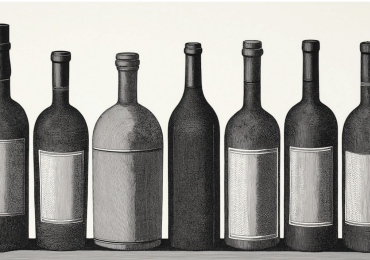The idea to publish a joint issue on tourism in Kazakhstan and Georgia was born during Armanzhan Baytasov’s, the publisher of Forbes Kazakhstan and Forbes Georgia’s shareholder, Tbilisi visit. He decided to show tourism opportunities of these two countries and describe in two languages – English and Russian – what both countries are praised for.
The concept looked quite bizarre. It seemed we are too different, that it is only the Soviet past, what relates us to each other. But it turned out that the threads of the Silk Road are capable to tie our countries together much stronger than one can suppose. A noteworthy opinion on the subject belongs to Yerkin Tatishev (№11 in Forbes Kazakhstan list of the richest businessmen).
In the course of our talk the co-owner and chairman of the board of Kusto Group defined tourism as “learning your culture and yourself through other people and their culture”. From this perspective he sees huge potential in Kazakhstan – a country that has excellent culture, cuisine, music, fantastically beautiful nature.
Georgia has it all, too – hospitality, wine, dances, music, people, all guiding you to truly love the country. Georgia was able to turn it to its advantage and make the tourism its oil. This year the country expects a record number of visitors: the head of National tourism administration George Chogovadze forecasts to receive over 8 million international travelers. That’s with the local population being 3.73 million people.
Kazakhstan also needs to combine cultural and gastronomic experiences and nature. By merging these concepts innovative and sound projects will be born. That is when tourists will start arriving.
Tatishev, who has already delivered several business projects in Georgia, takes part in preservation and development of Tsinandali – a manor house of Chavchavadze family… it is against the rules – to interrupt halfway through the sentence – but I shall depart from the rules to briefly talk about Tsinandali. This is the place where Europeanization of Georgia began, and at the same time where Georgia preserves its inimitable and invincible spirit. The place, where cultures merge, but do not fuse, where new is introduced and old is not buried in oblivion. It is Kvervi – an enormous earthenware pot for wine fermentation, which gives birth to what became Georgia for me…
So, Yerkin Tatishev, who got connected with Tsinandali project and Georgia in general, came up with an idea: our countries can offer a joint travel package “Georgia + Kazakhstan”. A tourist flying from Europe to Asia (or backwards) can stop off in Georgia and Kazakhstan. The experiences will be really different, but compatible. This definition – different, but compatible – also perfectly describes the special issue by Forbes Georgia and Forbes Kazakhstan. The colleagues painstakingly examined tourists’ flows in and out of Georgia, rated hotels, checked out which places are preferred by local and foreign visitors, wondered, which way Kakheti will develop (by the way, Georgian provinces compete with each other for the place in the tourist sun, whereas we are still speaking with one voice, presenting the country to the world as a whole), long story short, dissected the country’s tourist market with truly professional excitement.
The key point for us was to show our country at its best. To make our stories about Kazakhstan have magnetic impact on the readers (those, who will read this issue in Georgia), so that they wish to come to our country – to take pictures for Instagram in Charyn, to climb Kok-Tobe to enjoy spectacular views of Almaty, to ski or snowboard, to take hunting super tour or velvet antler bathes, to have a sip of life-giving water in South Kazakhstan… Our covers came out to be different as well. On Georgian cover, there is – Zurab Pololikashvili, a Secretary-General of United Nations World Tourist Organization and his extensive interview about the role of tourism in the world and in Georgia; about the ways private and public sectors can cooperate in developing this field.
Our cover pictures Astana, celebrating its 20th anniversary in July. Astana has become a “full-weight” capital. Even those living in Almaty, former administrative center of Kazakhstan, have already made peace with being “ex” and began visiting Astana not only for business, but also to show the city to their children and grandchildren, foreign guests and partners. This was hardly imaginable some 20 years ago.
Read Forbes, so different. Read Forbes, so compatible.
















